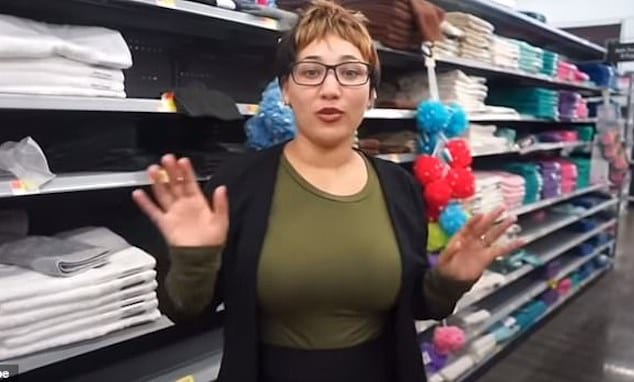
Lauren discusses in this book how the sustainability movement can often be too focused on a middle-class white women’s perspective which can bring with it accusations of a white saviour complex or companies who ‘greenwash’ purely for profit.

The death of 1,138 people in the Rana Plaza collapse in Bangladesh in 2013 is a disaster that many were aware of at the time, but other building collapses and fires are simply forgotten. Whilst at the same time the ‘Where is the humanity?’ chapter discusses the many ways in which garment workers’ human rights have been disregarded unflinchingly.
#Fashion love and lauren how to#
Lauren Bravo, How to Break Up with Fast Fashion One of the best techniques for replacing that ‘treat’ that fashion can be in your life? Lots of baths (not a euphemism apparently).Īn outfit should always have at least 20 per cent space for pasta. Percentage of Lauren’s clothes currently covered in food stains? Forty. Personal anecdotes are used to bring a balance of perspective to the large-scale problems tackled in the book. Not all the things we love are good for us and in this case, they’re not good for the people making our clothes or the planet. As someone who has just spent the last year of their life going through a break-up with a real-life human being, the swaying from anger to adoration to reflection to acceptance is very easy to empathise with. Lauren discusses these heavy ideas with clarity and compassion, whilst moving on to discuss the conflicting emotions that can come through quitting fast fashion with playfulness and honesty that makes this challenging topic engaging, and actually easy to read. The fact that out of ’71 leading retailers in the UK, 77 per cent believe there is a likelihood of modern slavery (forced labour) occurring at some stage in their supply chains’ is a figure that’s hard to forget. The stats that Lauren introduces the book with are a daunting read, and even as I begin to feel that I’m aware of many of them, there’s another one that shocks me. Community and collaboration drive this movement.


The internet may have made buying fast fashion even easier and quicker, but it’s also the thing that can help make finding sustainable fashion comrades in the area you live and all over the world far simpler. Trying to enact any kind of positive change in this vast and complex industry can feel pretty impossible at times, and many people will tell you it is. When Lauren Bravo used it in the closing chapter of her book How to Break Up with Fast Fashion, I knew this book was one that really reflected how I feel about our personal potential to create a sustainable fashion industry. It’s one I kept coming back to as I was researching sustainable fashion at university, and one I think of when I’m sat trying to work on my own in my little bedroom feeling like this whole pursuit is too overwhelming. This is one of my favourite motivational quotes. ‘Never doubt that a small group of thoughtful, committed citizens can change the world indeed, it’s the only thing that ever has.’


 0 kommentar(er)
0 kommentar(er)
